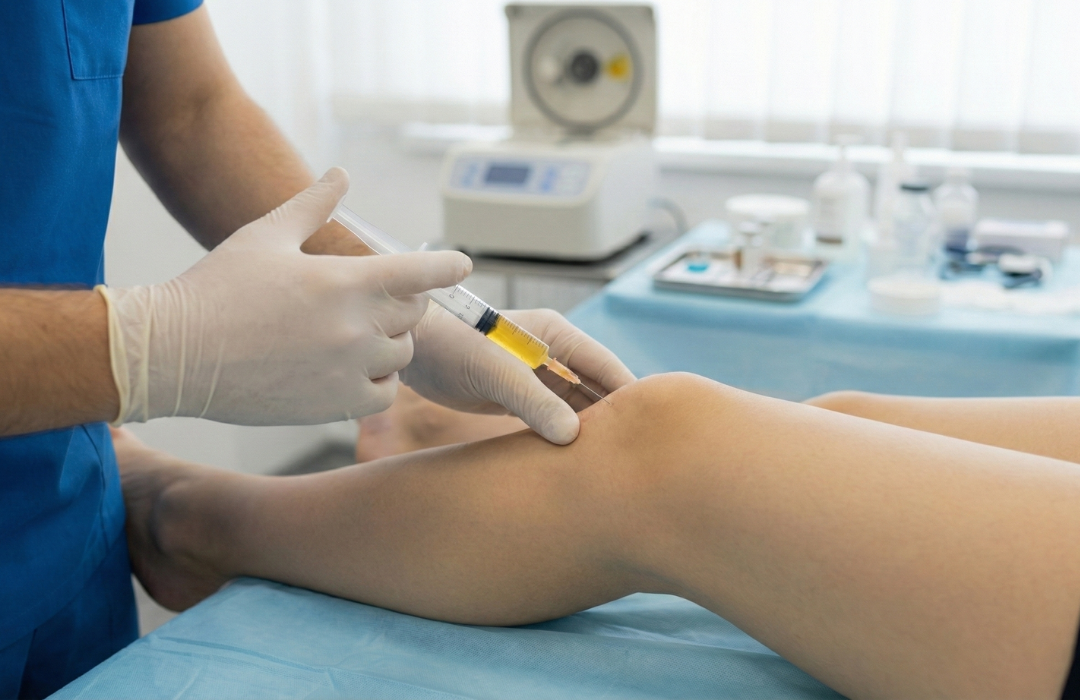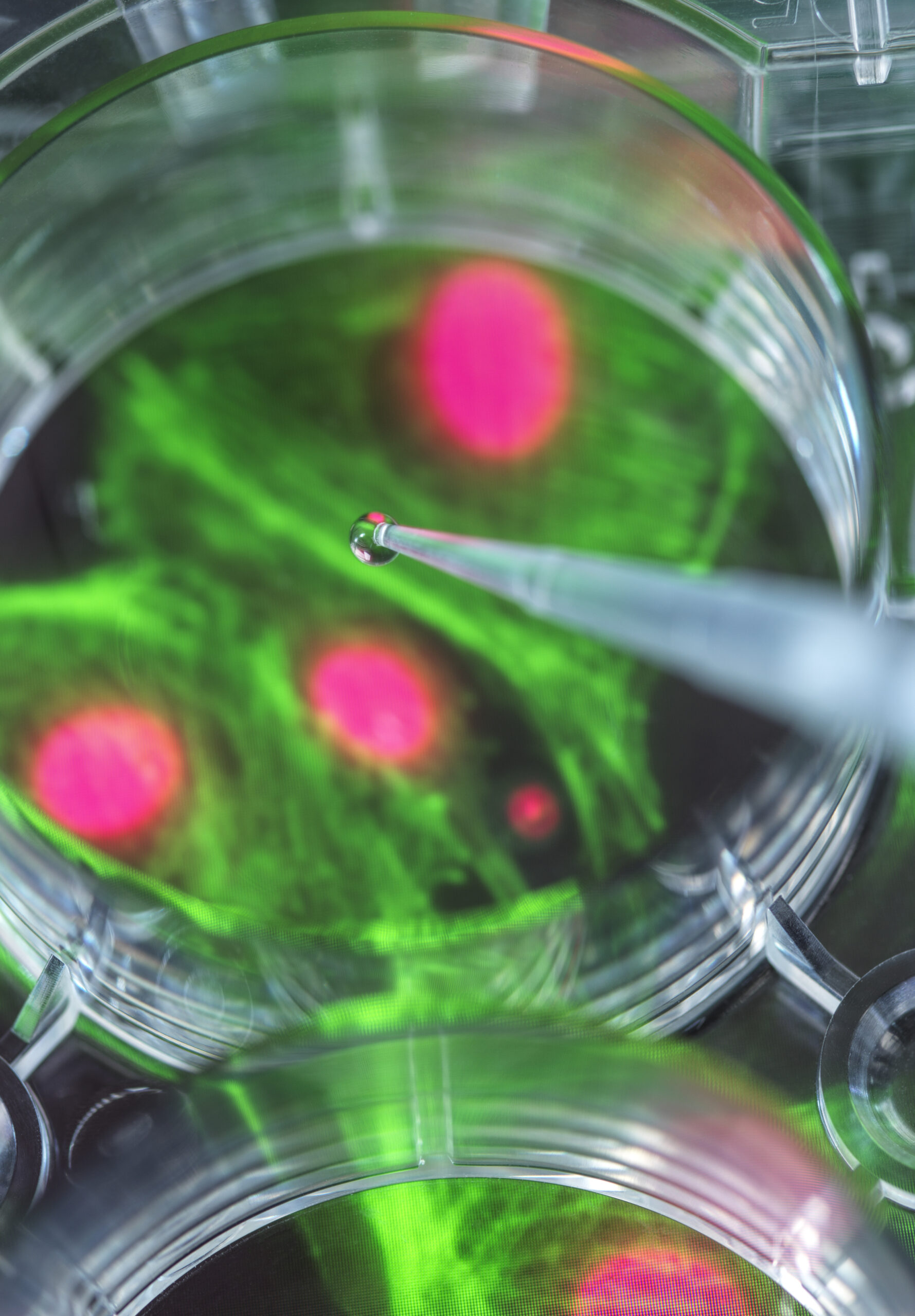COVID-19 has impacted everyone, and its effects are still lingering. Many people who tested positive for COVID began experiencing hair loss a few months after diagnosis. Even the mildest COVID cases have reported the lingering symptom of hair loss. The condition of temporary hair loss is called telogen effluvium and can occur after any severe illness. While it’s not explicitly limited to COVID, the surge in more telogen effluvium cases results from COVID. Thankfully, it’s a reversible condition and is very treatable.
COVID-19 Effects On Hair Cycle
It’s normal for people to shed about 100 – 150 hairs a day and not even notice. Excessive hair loss can happen after any significant physical or mental stressors, such as pregnancy, surgery, and grief. These occurrences impact and disrupt the hair cycle, causing considerable hair loss.
There are 3 phases to the hair cycle:
- Anagen – The growing phase. It can last about 3 – 5 years. The hair follicles are pushing out hairs that will continue to grow until they reach the end of their lifespan and fall out or until they’re cut.
- Catagen – The transition phase. This phase begins once the anagen phase ends and lasts around 10 days. Hair growth slows down as follicles shrink.
- Telogen – The resting phase. It can last about 3 months. Hair doesn’t grow during this phase, but it doesn’t usually fall out excessively.
When your body is under extreme stress, it can cause the hair follicles to move into the telogen phase prematurely. Usually, 10% of the hair is in the telogen phase, but with telogen effluvium, 50% of the hair is in the resting phase resulting in abnormal hair loss.
Other Factors For Hair Loss
Stressful events are one of the top causes of hair loss. Of course, hereditary and health conditions are leading causes as well. But there are other factors that are within your control and can be easily treated, such as:
- Hormonal changes: balancing hormones can help reduce hair loss
- Medications: certain medications have hair loss or thinning hair as a side effect.
- Vitamin deficiencies
- Diet: eating a poor diet can have detrimental effects on your body, increase hair loss, and cause vitamin deficiencies.
- Hairstyling and treatments: if you’re continuously dying your hair or using heat on it every day, it can cause severe damage and hair loss.
Treatments and Solutions For Hair Loss
Consulting with a medical professional can help narrow down the root cause of hair loss and begin to treat it. Hair loss/telogen effluvium is usually temporary and lasts 6 months to a year. But for those who want to see quicker results, there are proven treatments.
One of the leading treatments is platelet-rich plasma (PRP) therapy. This is a non-invasive procedure and has little downtime. The patient comes in for a consultation to determine if they’re a good candidate for PRP therapy and if selected, their blood is drawn and put into a centrifuge. The centrifuge separates the blood and plasma, and is injected into the treatment areas.
Micronutrient testing is another solution. Several vitamins can cause hair loss if there’s a deficiency. A micronutrient test can identify which deficiencies you might have and create a treatment plan.
This is not an exhaustive list of treatment options.
Stop Hair Loss With Biocure
Many of us take pride in our hair and can feel a little defeated if we start to lose it. While hair loss is normal, excessive hair loss can impact our self-esteem. Luckily, post-COVID hair loss is temporary and has many treatment options. Come in today to understand the cause of your hair loss, and mention this blog for a complimentary consultation with one of our specialists.







